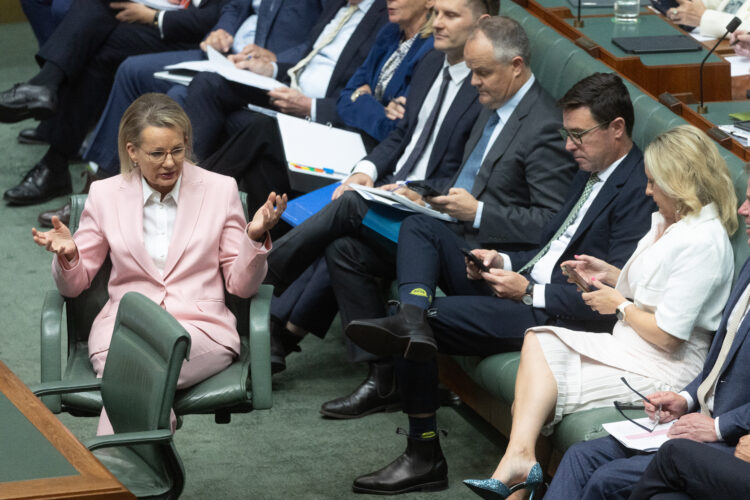Tasmanian government steps in with short term fix for Bell Bay Aluminium
The immediate future of the Southern Hemisphere’s first aluminium smelter is more secure, after the signing of a power agreement.
Tasmania’s Bell Bay Aluminium, which is owned by Rio Tinto, was under a cloud amid stalled discussions for a new deal with state-owned electricity provider Hydro Tasmania.
The smelter in the state’s north employs more than 500 people – its decade-long deal with Hydro was set to expire on December 31.
The state government on Wednesday said a 12-month agreement had been reached allowing time for work to continue on a long-term plan for the smelter.
“The smelter is a cornerstone of Tasmania’s economy,” Premier Jeremy Rockliff said in a statement.
“We are doing all we can to make sure the business continues to have a strong future in the state.
“It is important all governments continue to work together with Rio Tinto to secure the future of Bell Bay Aluminium, one of Australia’s greenest smelters.”
Mr Rockliff said his government would continue to lobby Canberra for money, after recent lifelines were provided for several major industrials.
The Australian and Queensland governments in October unveiled $600 million in support for the Mt Isa copper smelter and Townsville copper refinery over three years.
Federal government support was necessary to provide Bell Bay Aluminium with a sustainable operating trajectory, Tasmania’s Energy and Renewables Minister Nick Duigan said.
“It would be a perverse outcome for the federal funding arrangements to exclude the nation’s principal green aluminium smelter,” he said.
Mr Duigan said he expected Hydro Tasmania to provide a competitive, commercial energy price consistent with its obligations to put Tasmanian jobs and the economy first.
The smelter began operating in 1955 and exports more than 90 per cent of its output, primarily to southeast Asia, east Asia and India.

